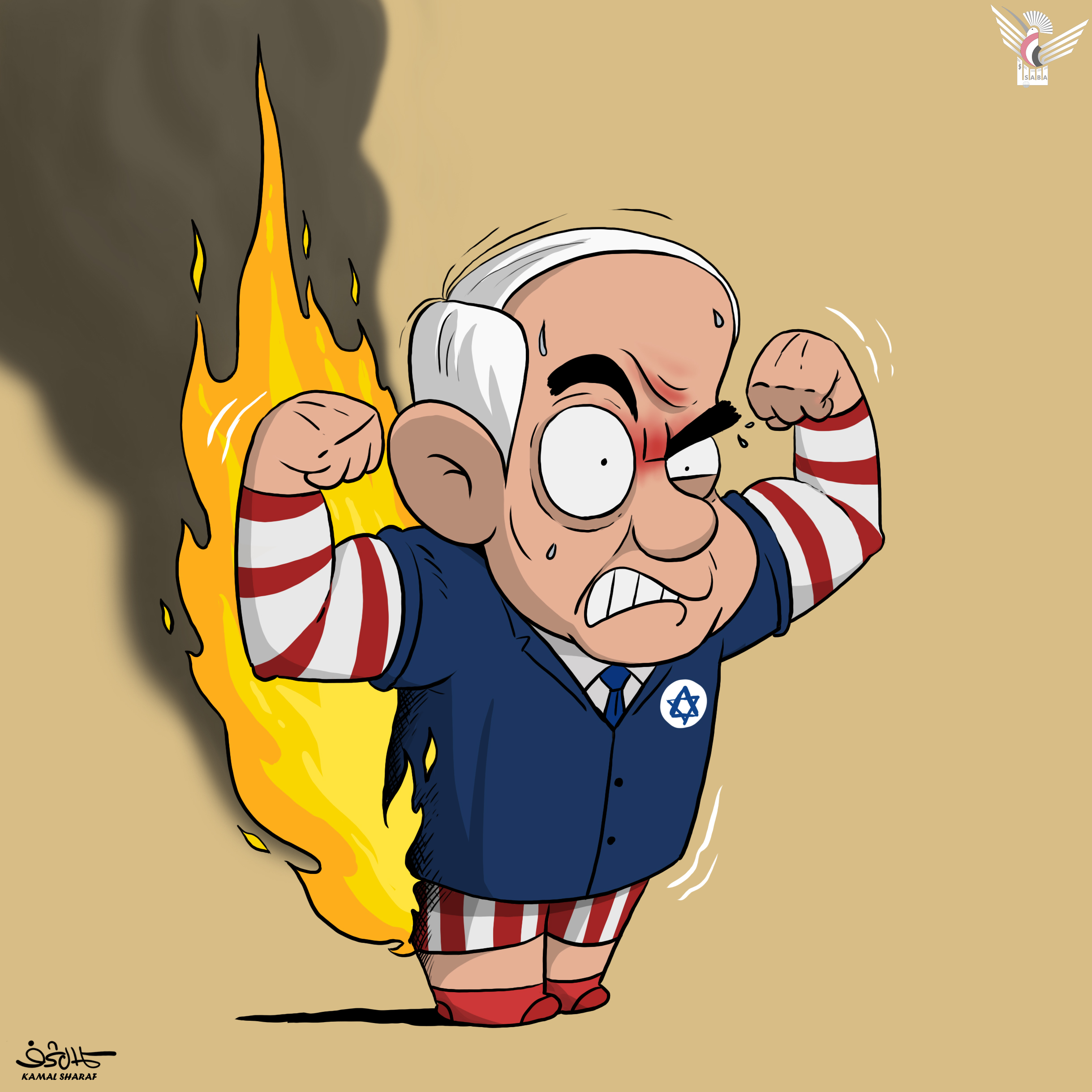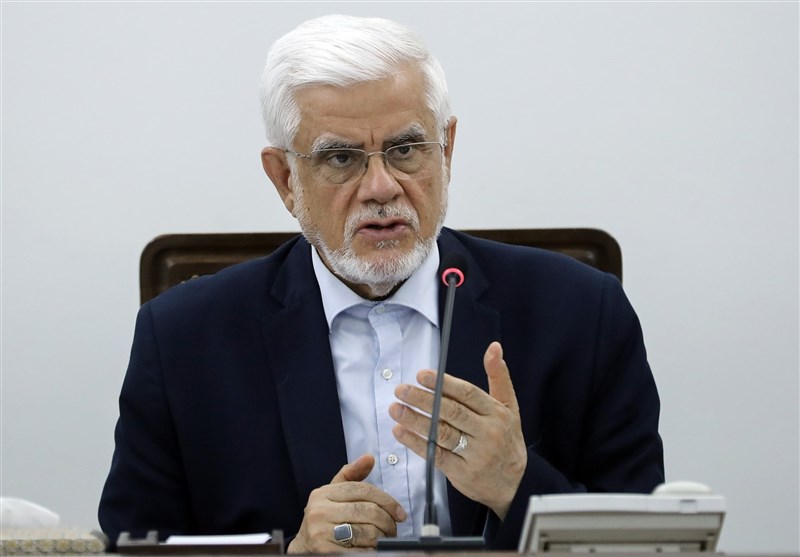Tehran – SABA:
Iran’s First Vice President, Mohammad Reza Aref, announced on Wednesday that Tehran will no longer allow any negotiations regarding uranium enrichment within its territory, emphasizing that the country has entered a new phase in which global and regional equations have fundamentally changed, and Western powers can no longer impose their previous conditions.
During a surprise inspection visit to emergency centers and service agencies involved in crisis management during the recent Zionist aggression, Aref stated that “Western countries now clearly understand that the unjust sanctions they imposed are no longer effective, and talk of ‘zero enrichment’ is obsolete.” He added, “We will not allow enrichment to be a bargaining chip anymore.”
Aref affirmed that the recent aggression highlighted the resilience and unity of the Iranian people, praising the role of ordinary citizens, especially truck drivers, who voluntarily transported essential goods free of charge during critical times. He stressed that this popular mobilization and national unity represented a pivotal moment in the country’s history.
On the military front, Aref noted that the enemy had not anticipated such a strong popular response or Iran’s strategic readiness, adding that “Iran’s retaliatory strikes on American bases forced the West to mediate a ceasefire”—a clear demonstration of Iran’s deterrence capability.
He further pointed out that Iran now possesses advanced strategic capabilities that even its adversaries had not foreseen, calling for continued vigilance, as “the enemy will not remain silent after such a defeat,” he warned.
Aref concluded by affirming that the martyrdom of leaders and scientists only strengthens Iran’s resolve, stating: “Every martyr gives rise to a new generation of faithful and conscious youth.” He emphasized that Iran’s security and defense institutions have proven their ability to quickly fill leadership gaps and carry out precise operations within hours.
He also announced the formation of a special reconstruction committee in cooperation with civil society organizations, pledging the government’s continued support for public service institutions and efforts to enhance their capabilities in facing future challenges.

| more of (International) |




